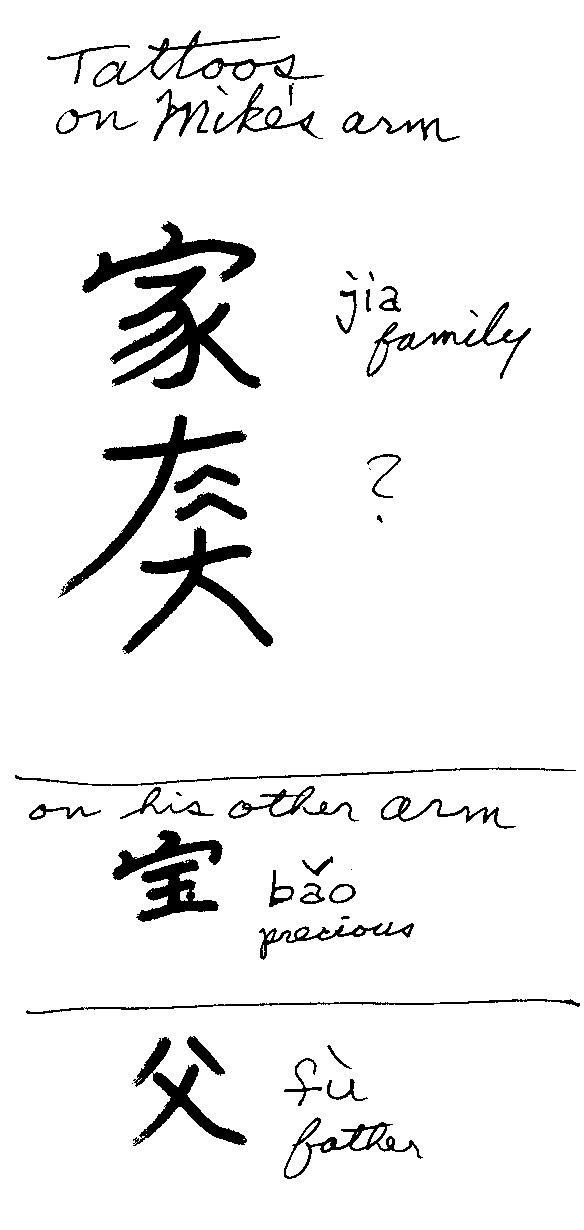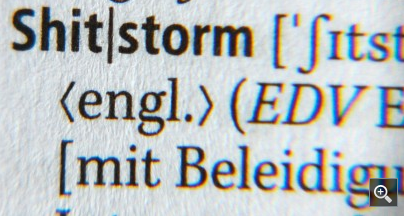Tyler Schnoebelen, "The Weirdest Languages", Idibon blog 6/21/2013:
The World Atlas of Language Structures evaluates 2,676 different languages in terms of a bunch of different language features. These features include word order, types of sounds, ways of doing negation, and a lot of other things—192 different language features in total. […]
The data in WALS is fairly sparse, so we restrict ourselves to the 165 features that have at least 100 languages in them (at this stage we also knock out languages that have fewer than 10 of these—dropping us down to 1,693 languages).
Now, one problem is that if you just stop there you have a huge amount of collinearity. Part of this is just the nature of the features listed in WALS—there’s one for overall subject/object/verb order and then separate ones for object/verb and subject/verb. Ideally, we’d like to judge weirdness based on unrelated features. We can focus in on features that aren’t strongly correlated with each other (between two correlated features, we pick the one that has more languages coded for it). We end up with 21 features in total.
Read the rest of this entry »


 So
So